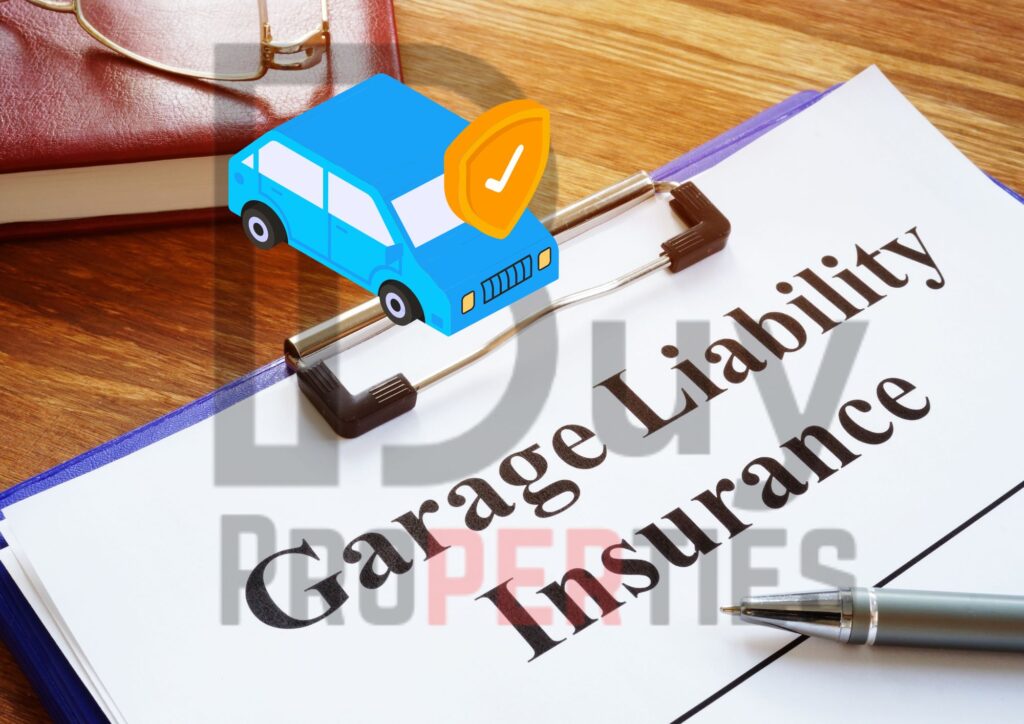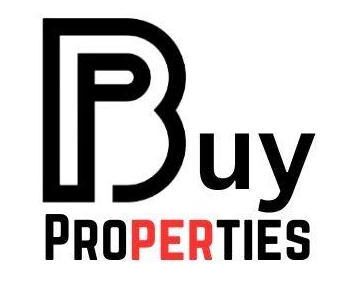
Â
Specialty insurance geared toward the automotive sector is garage liability insurance. Car dealerships, owners of parking lots or garages, operators of tow trucks, service stations, and shops that specialize in customization and repair will supplement their business liability coverage with garage liability insurance. Both physical harm and property damage brought on by operations are covered by the policy. Garage-keepers coverage is not the same as this insurance.
How Liability Insurance for Garages Operates
One kind of umbrella policy that covers the day-to-day operations of businesses in the automotive industry is garage liability insurance. The business’s general liability policy will be strengthened by this insurance. Body injury and property damage resulting from direct garage operations are covered, even though most commercial or business liability insurance policies do not.
The proprietor of the company should confirm that the garage liability coverage will supplement, not merely replace, their primary business liability coverage before purchasing a policy.
Customers’ injuries sustained while on company property are covered up to the policy’s predetermined limits. Additionally, the majority of garage insurance policies include a provision for employee dishonesty in the event that a customer’s car is stolen or vandalized by an employee. Any vehicles used for business purposes, such as courtesy vans and parts delivery trucks, may be added for an additional premium. Additional safeguards may include coverage for loss resulting from defective parts installed on a client’s vehicle and damages from parts or products sold by the business.
The policyholder’s tools, building, personal belongings, and business property are not covered by garage liability insurance. It does not cover damage from natural disasters like hail, vandalism, or stolen cars. Accidents or damage to the customer’s vehicle while it is being serviced on-site are not covered by the policy. Additionally, a maximum liability coverage amount will be listed for each basic and additional policy item, and there may be aggregate limits by claim or by year.
What Is Included in Commercial General Liability (CGL) Insurance?
A business can be insured against property damage, personal injury, and bodily injury resulting from operations, goods, or accidents that happen on the premises of the business with commercial general liability (CGL) insurance.
Although it does not cover every liability risk that a business may encounter, commercial general liability insurance is still regarded as comprehensive business insurance.
IMPORTANT NOTES
- A type of all-inclusive insurance known as commercial general liability insurance provides protection against losses or injuries brought on by a company’s activities, goods, or property.
- There are two kinds of CGL policies: an occurrence policy, which requires the event to occur within a certain time frame, and a claims-made policy, which covers claims regardless of when the event occurred.
- Businesses can add “additional insureds”—other businesses or people they have contracts with—to their commercial liability insurance policy.
- Commercial general liability policies may pay for the expenses of defending against a lawsuit or for any unintentional damages resulting from the operations of the business.
- Protection against deliberate harm and any kind of vehicle, aircraft, or watercraft accident is not offered by commercial general liability.
Understanding Commercial General Liability Insurance
ÂCoverage for Premises
Different coverage levels are available for commercial general liability policies. Premises coverage is a type of insurance that shields a company from lawsuits that arise on its real estate while it is conducting regular business.
It might also cover property damage and personal injury resulting from a completed project completed at a different location.
Oversight Liability Protection
Excess liability coverage is another product that commercial insurance companies offer. It can be bought to cover claims that come in higher than what the CGL policy will pay.
There may be exclusions in certain commercial general liability policies that limit the types of actions that are covered. For instance, a policy might not pay for the expenses related to a product recall.
Policy for Claims-Made versus Occurrence
When purchasing commercial general liability insurance, it is important for the business to differentiate between a claims-made policy and an occurrence policy.
Regardless of when the claim event occurred, a claims-made policy covers claims at any time. Even if the policy has since expired, an occurrence policy will still payclaims if the claim event happened while the policy was in effect.
Different Categories of Policies
Businesses can also purchase policies that cover other business risks in addition to commercial general liability.
For instance, the company might get employment practices liability insurance to shield it from discriminatory, wrongful termination, and sexual harassment lawsuits.
It may also buy insurance to cover mistakes and omissions in financial reporting statements and to cover losses brought on by the conduct of its officers and directors.
Intentional or reasonably foreseeable injuries are not covered by a standard commercial general insurance policy; it only covers unintentional damage or injuries.
Particular Points to Remember
A company may need to designate other businesses or individuals as “additional insureds” under its commercial liability insurance policy, depending on its needs.
When companies sign a contract with another party, this usually happens.
For instance, XYZ Co. might demand that the owners of the car repair shop include XYZ Co. as a “additional insured” on their commercial general liability coverage policy if the latter is hired to provide cleaning services for the former’s facility.
Commercial General Liability Examples
Here are a few instances where CGL would be necessary:
A customer walks into a business where the floors are extremely slick due to recent cleaning and polishing. The client breaks his leg after slipping on the floor.
When an electrical company employee comes to a customer’s house to do electrical wiring work, the employee unintentionally starts a fire.
After seeing one of the company’s advertisements, someone files a libel or slander lawsuit.
A commercial general liability policy may pay for the costs of settling the claims or of employing attorneys to defend the business in each of these situations. A company’s CGL insurance premiums may increase if it receives a lot of claims from the insurer.
Which Damages Are Covered by CGL Insurance?
Property damage or personal injury sustained on a business’s property is covered by commercial general liability insurance. A company may also be shielded by this kind of coverage from libel, slander, and advertising injury lawsuits.
How Much Does Insurance for Commercial General Liability Cost?
Naturally, the size of the company being insured, the level of risk associated with its operations, and the required level of coverage all affect how much commercial general liability insurance costs. Certain insurance providers state that their customers must pay between $300 and $600 for a million dollars’ worth of insurance. Some claim that their customers might have to pay up to $1,000.
What Does Commercial General Liability Insurance Not Cover?
Most CGL policies exclude coverage for expected or purposeful damage caused by the insured. Additionally, they do not cover damages resulting from pollution, cars or other vehicles, intoxication (in the case of alcohol-related businesses), damage to a business’s work, or additional liabilities that the insured may assume. To be completely covered, a business that takes on these kinds of risks should buy extra insurance.
Garage-Keeper Coverage Is Not Garage Liability
An additional policy known as “garage-keepers insurance” protects against property damage to a customer’s vehicle while it is under the policyholder’s custody. This may involve harm sustained while storing the car after hours and during road tests. Theft and vandalism of a customer’s vehicle are covered by the keeper’s insurance. Companies with several locations need to have policies for each location.
Additional Products for Business Insurance
Companies can also get coverage for other business risks.
Insurance for employment practices that covers discrimination and sexual harassment claims.
Professional liability insurance protects against claims of negligence arising from errors or omissions in performance.
Furniture, inventory, signs, and equipment are all covered by property insurance in the event of a fire, storm, or theft. But, additional coverage is required for occurrences like earthquakes and floods.
When unforeseen circumstances, like a protracted power outage, prevent a business from operating normally, business interruption insurance makes up for lost revenue.
Employers are required to carry workers’ compensation insurance in order to safeguard their workforce and pay for the medical treatment of any injured workers. It also gives the immediate family of a deceased worker benefits for lost wages and death.
Under the terms of its commercial liability insurance policy, an organization may designate additional companies or individuals as covered parties. For instance, if a car repair shop signs a deal with a different business to provide car wash services, that business might ask the shop owners to include it as an additional insured on their liability insurance policy.
The Final Word
By acquiring a commercial general liability policy, you can shield your company against a range of risks, such as the possibility of a lawsuit stemming from regular business operations.
Property damage, bodily injury, advertising injury, and personal injury (including libel or slander) are all covered by CGL policies. In the event of a lawsuit, this coverage will assist you in covering settlement costs or legal fees. Additionally, you can enhance your coverage by adding extensions for excess liability, employment practices liability, or errors and omissions.


